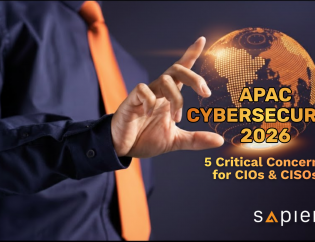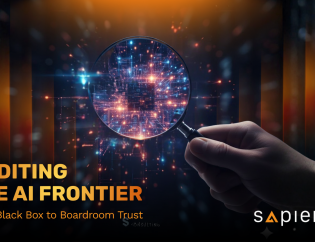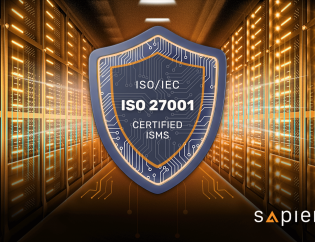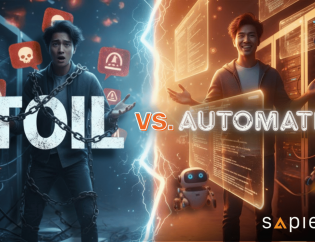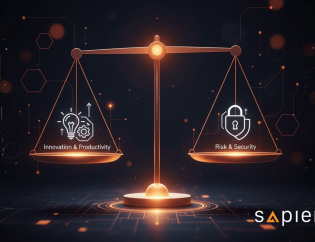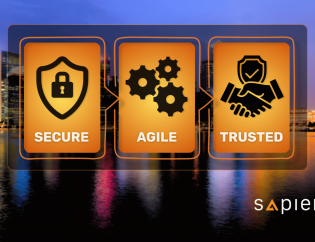Strengthening Your Defences:
A Guide to
Security Frameworks for Singaporean Businesses
Written by:
Principal Consultant
Sapience Consulting
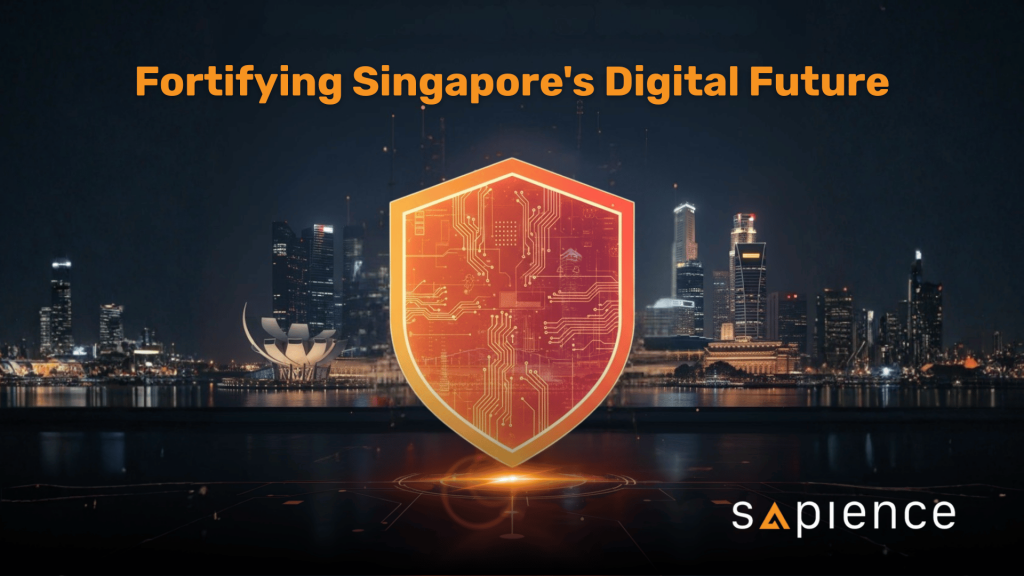
In today’s digitally-driven economy, the question is not if your organisation will face a cyber threat, but when. For Singaporean businesses navigating this complex landscape, establishing a robust security posture is paramount. Security frameworks offer a structured and strategic approach to achieving this, moving beyond reactive fixes to proactive cyber resilience. This guide explores the benefits and drawbacks of adopting such frameworks, highlights key options relevant to the Singaporean market, and discusses how expert guidance can streamline this crucial journey.
Why Adopt a Security Framework? Weighing the Pros and Cons
Implementing a security framework is a significant undertaking. Understanding the potential benefits and challenges is crucial for informed decision-making.
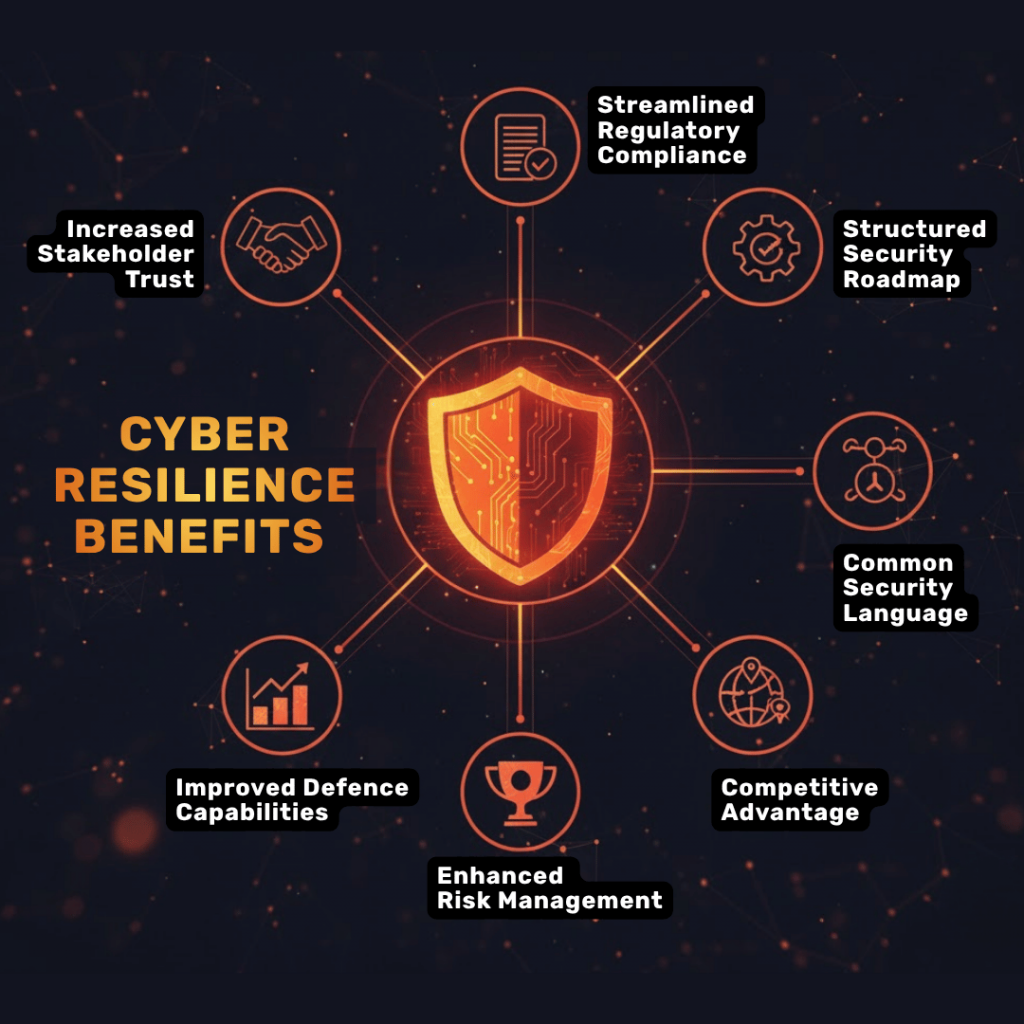
The Upsides:
Your Roadmap to Cyber Resilience
Structured Security Roadmap:
Frameworks provide a clear, methodical path to identifying critical assets, assessing risks, and implementing appropriate controls, leading to a more organised and mature security posture.Enhanced Risk Management:
They offer a systematic approach to pinpointing, analysing, and mitigating cybersecurity risks, enabling businesses to allocate resources more effectively.Improved Defence Capabilities:
Adhering to recognised best practices significantly reduces vulnerabilities and the likelihood of successful cyberattacks.Streamlined Regulatory Compliance:
Many frameworks align with local and international regulations, such as Singapore’s Personal Data Protection Act (PDPA), simplifying compliance efforts and helping to avoid substantial penalties.Increased Stakeholder Trust:
Demonstrating commitment to a recognised framework builds vital confidence with customers, partners, and investors.Common Security Language:
Frameworks foster a unified understanding of cybersecurity across the organisation, enhancing communication between technical staff and business leaders.Competitive Advantage:
Certification to a reputable framework can be a powerful differentiator, especially when competing for contracts or partnering with security-conscious entities.
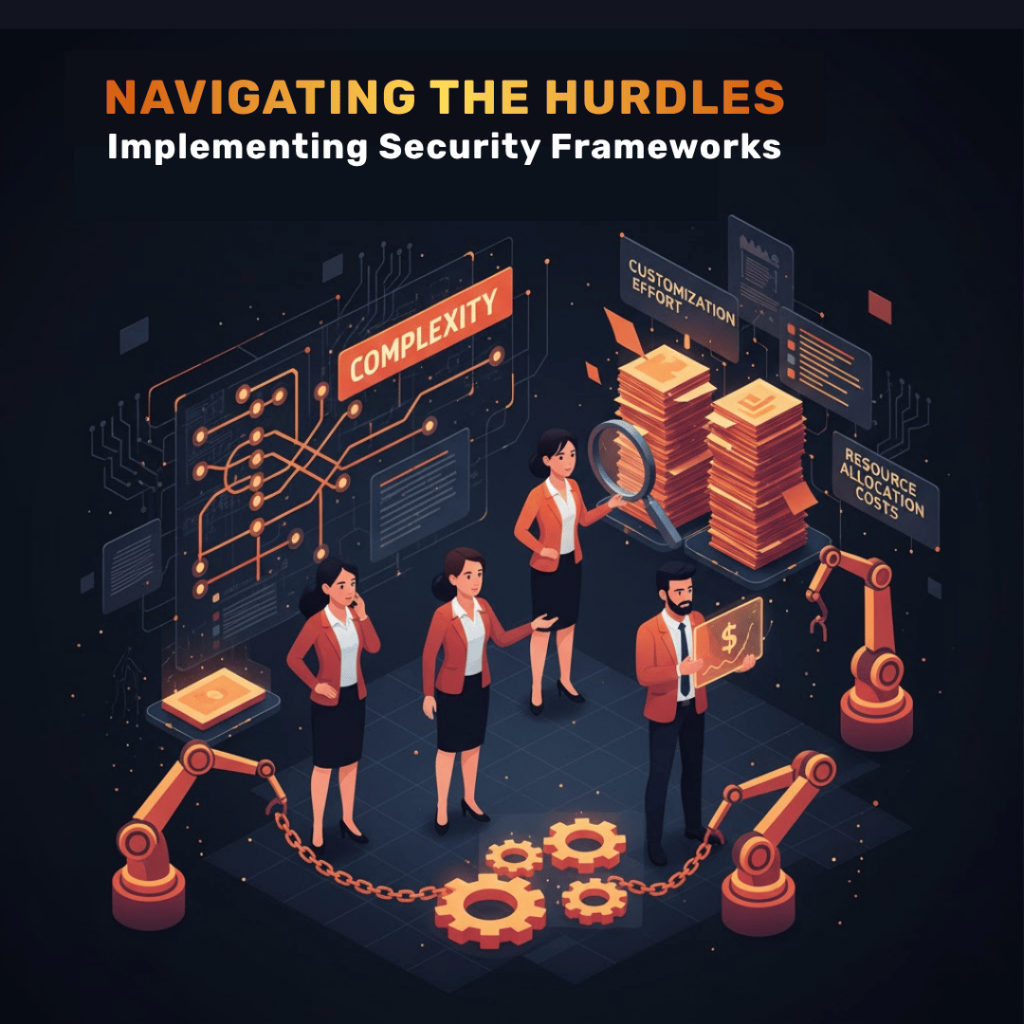
Understanding the Hurdles:
Potential Challenges
Resource Allocation:
Implementation requires a considerable investment of time, budget, and skilled personnel.Complexity:
Some frameworks can be intricate to grasp and implement, particularly for organisations with limited in-house cybersecurity expertise.Perceived Rigidity:
Without proper tailoring, a framework might be seen as overly prescriptive, potentially impacting business agility.Customisation is Key:
Frameworks are not one-size-fits-all. Effective implementation demands customisation to the organisation’s specific industry, size, risk profile, and operational realities.Certification Costs and Effort:
Achieving and maintaining certification for certain frameworks involves additional expenses and ongoing commitment.
Key Security Frameworks for the Singapore Market
Several globally recognised and locally significant frameworks can guide Singaporean businesses in fortifying their cyber defences:
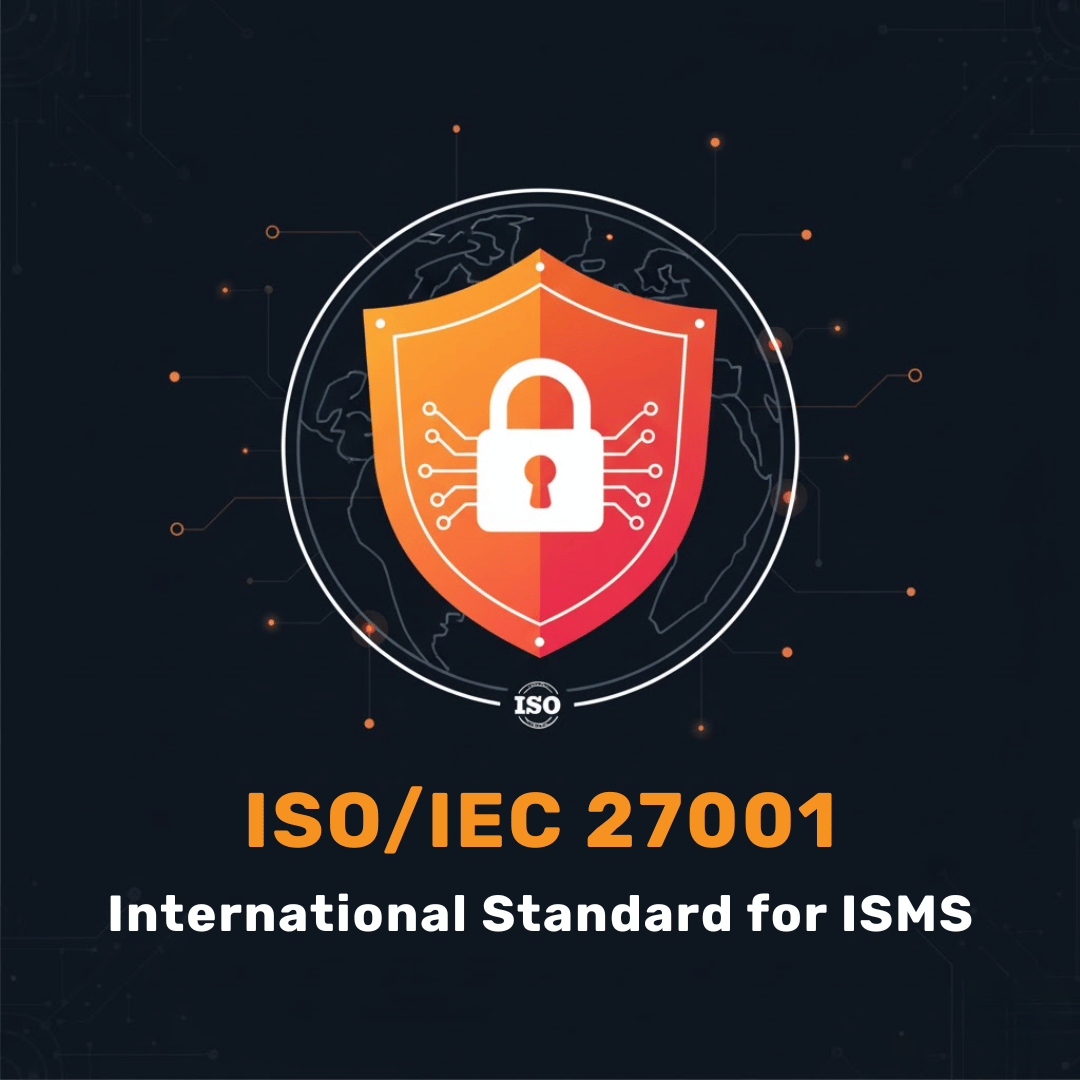
1. ISO/IEC 27001
Overview: This international standard outlines the requirements for an Information Security Management System (ISMS). It provides a comprehensive, risk-based methodology for establishing, implementing, maintaining, and continually improving information security. The latest iteration, ISO 27001:2022, incorporates updated controls relevant to contemporary threats, including cloud security and data leakage prevention.
Relevance & Applicability in Singapore: Highly respected worldwide and widely adopted in Singapore, ISO 27001 is especially valuable for businesses with international dealings or those handling sensitive information. It is frequently a prerequisite for government tenders and serves as a strong testament to mature security practices, bolstering credibility and trust.
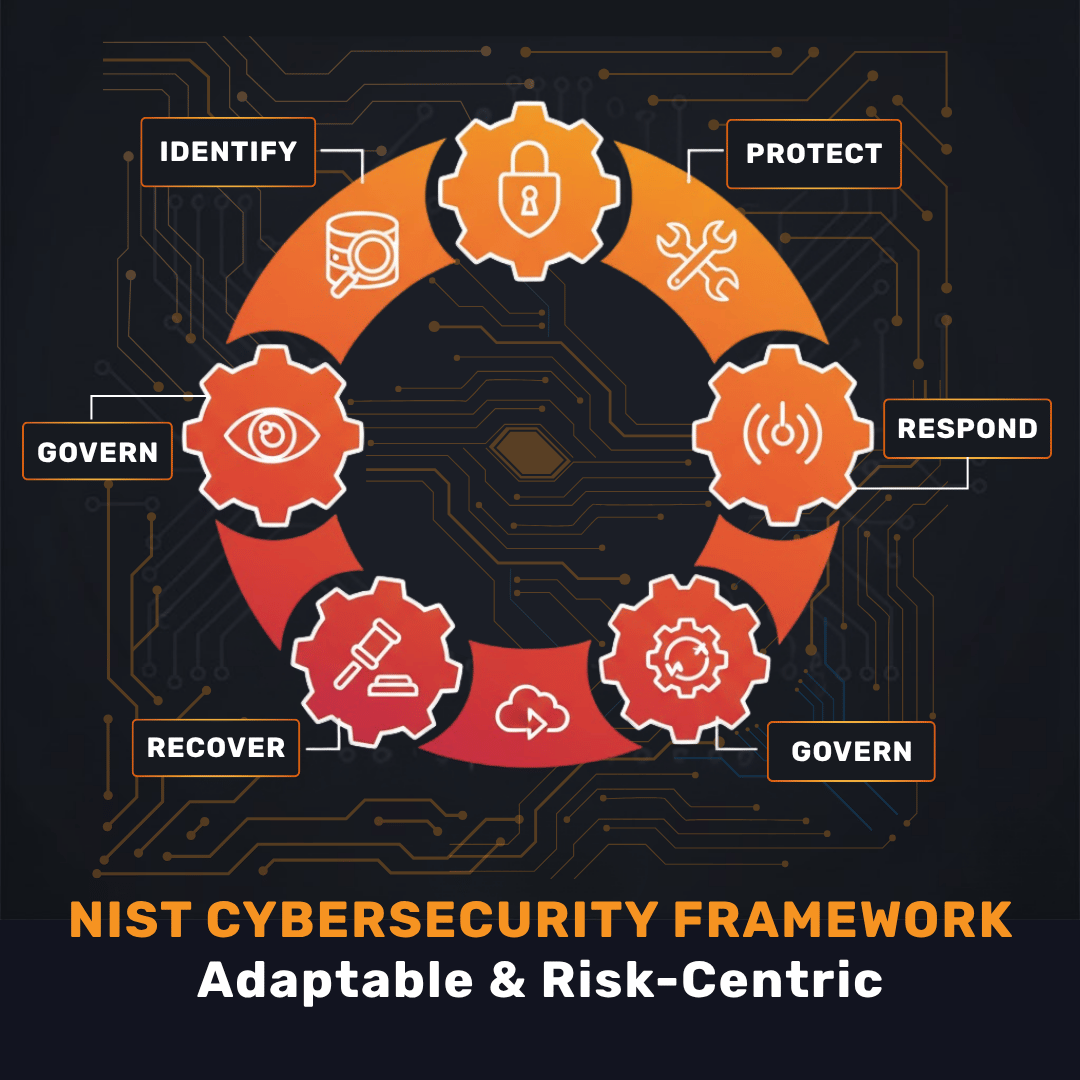
2. NIST Cybersecurity Framework (CSF)
Overview: Developed by the U.S. National Institute of Standards and Technology, the NIST CSF offers a voluntary, high-level structure for cybersecurity outcomes, organised around core functions: Identify, Protect, Detect, Respond, and Recover. The recent NIST CSF 2.0 (released early 2024) expands its applicability to all organisations and introduces a sixth function, “Govern,” emphasising the importance of cybersecurity governance.
Relevance & Applicability in Singapore: The NIST CSF is increasingly popular in Singapore due to its practical, adaptable, and risk-centric approach. Suitable for organisations of all sizes and across various sectors, many local businesses leverage it to structure their cybersecurity initiatives, enhance communication regarding cyber risks, and benchmark their capabilities, even if not pursuing formal certification (which NIST CSF itself does not offer).
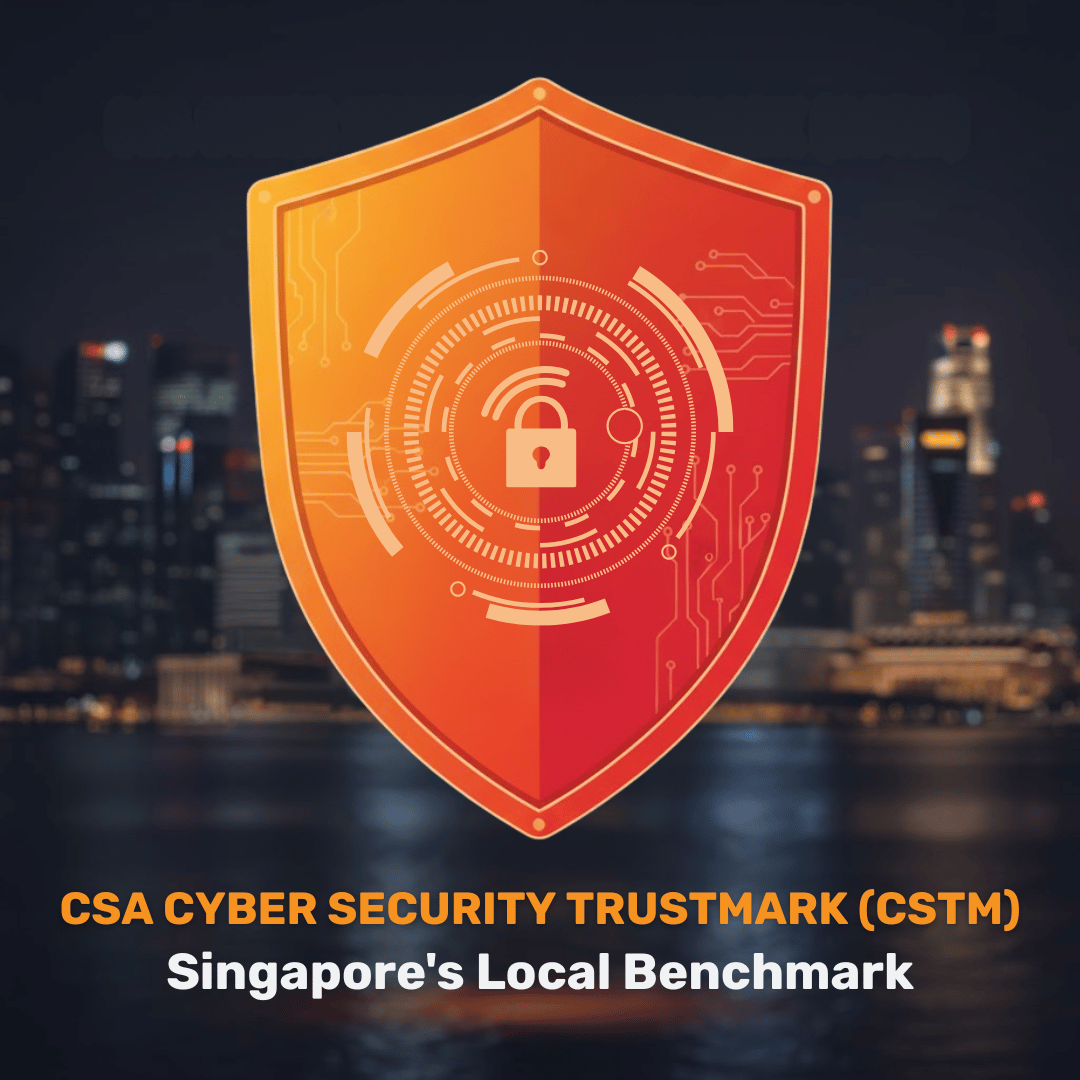
3. Cyber Security Agency of Singapore (CSA) Cyber Security Trustmark (CSTM)
Overview: The CSTM is a Singapore-specific cybersecurity certification scheme designed to acknowledge organisations demonstrating good cybersecurity practices. It features various tiers, including the “Cyber Essentials” mark for SMEs, to cater to diverse organisational needs and risk profiles. The Cyber Trust mark has recently been enhanced to cover emerging domains such as Cloud Security, Operational Technology (OT) Security, and AI Security.
Relevance & Applicability in Singapore: Directly aligned with Singapore’s national cybersecurity strategy, the CSTM is highly pertinent for local businesses, particularly SMEs, aiming to showcase a foundational or advanced level of cybersecurity readiness. It fosters trust among local customers and partners. Significantly, the Cyber Trust mark framework is mapped to international standards like ISO 27001, offering a potential pathway for organisations aspiring to achieve global certifications. The CSA is also considering making these marks a requirement for certain tenders or for organisations handling sensitive data.
Choosing and Implementing the Right Framework: The Value of Expert Guidance
Selecting the appropriate framework, or a combination thereof, depends on factors like your organisation’s size, industry, regulatory landscape, international presence, and existing security maturity. The journey from selection through implementation to effective operationalisation can be complex and resource-intensive.
This is where a specialist consultancy firm like Sapience Consulting can provide invaluable support. With their deep expertise in the Singaporean and international cybersecurity landscape, we can help organisations in:

Strategic Selection
Sapience Consulting works closely with businesses to understand their unique context, risk appetite, compliance obligations, and strategic goals.
This enables us to recommend the most suitable framework or blend of frameworks (e.g., using NIST CSF for overall strategy and ISO 27001 for certification, complemented by the CSTM for local recognition).
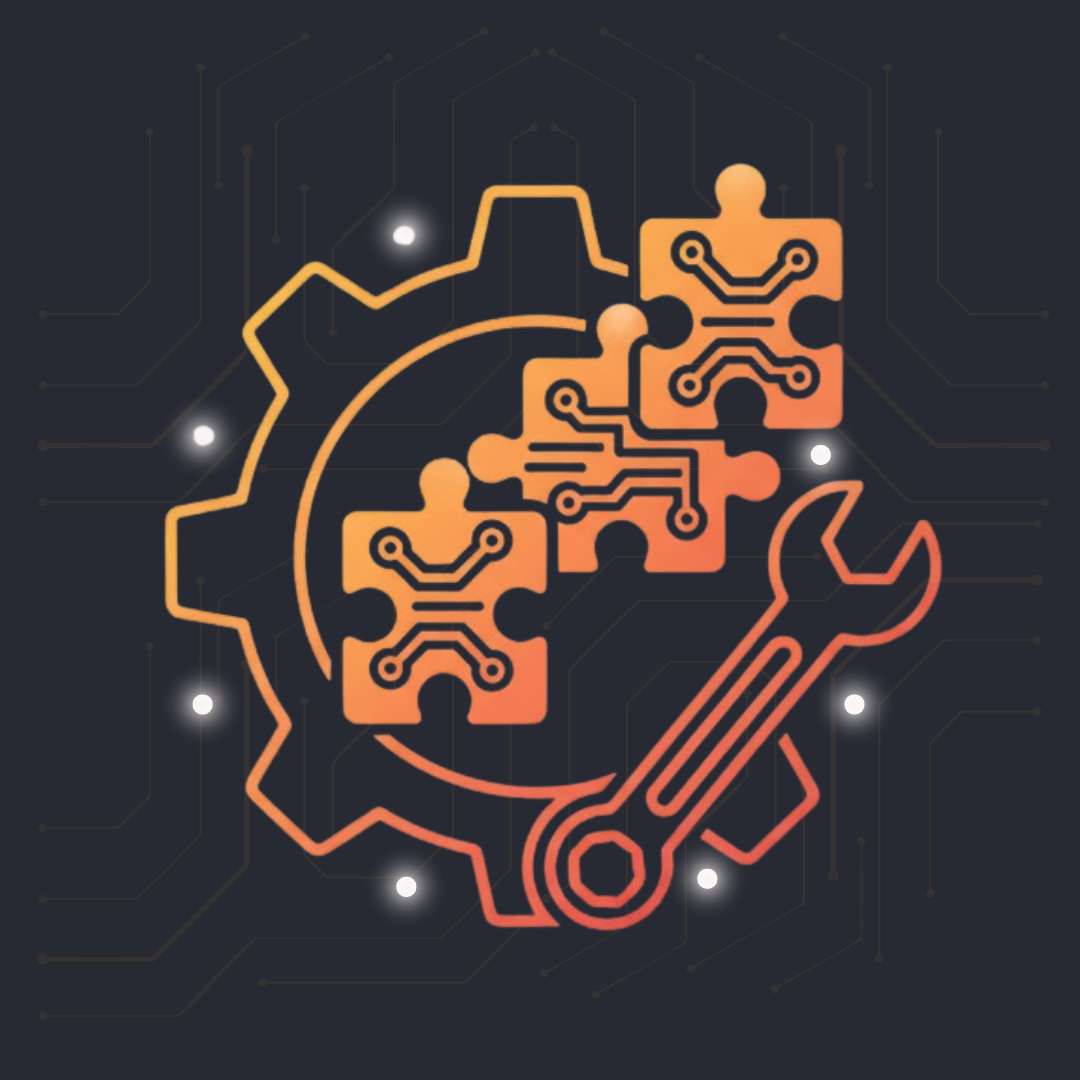
Efficient Implementation
Our consultants guide organisations through every step of the implementation process. This often includes conducting thorough gap analyses against the chosen standard(s), facilitating risk assessments, assisting in the development of tailored policies and procedures, implementing necessary security controls, and delivering targeted awareness training to staff. This structured approach ensures that all requirements are met efficiently.
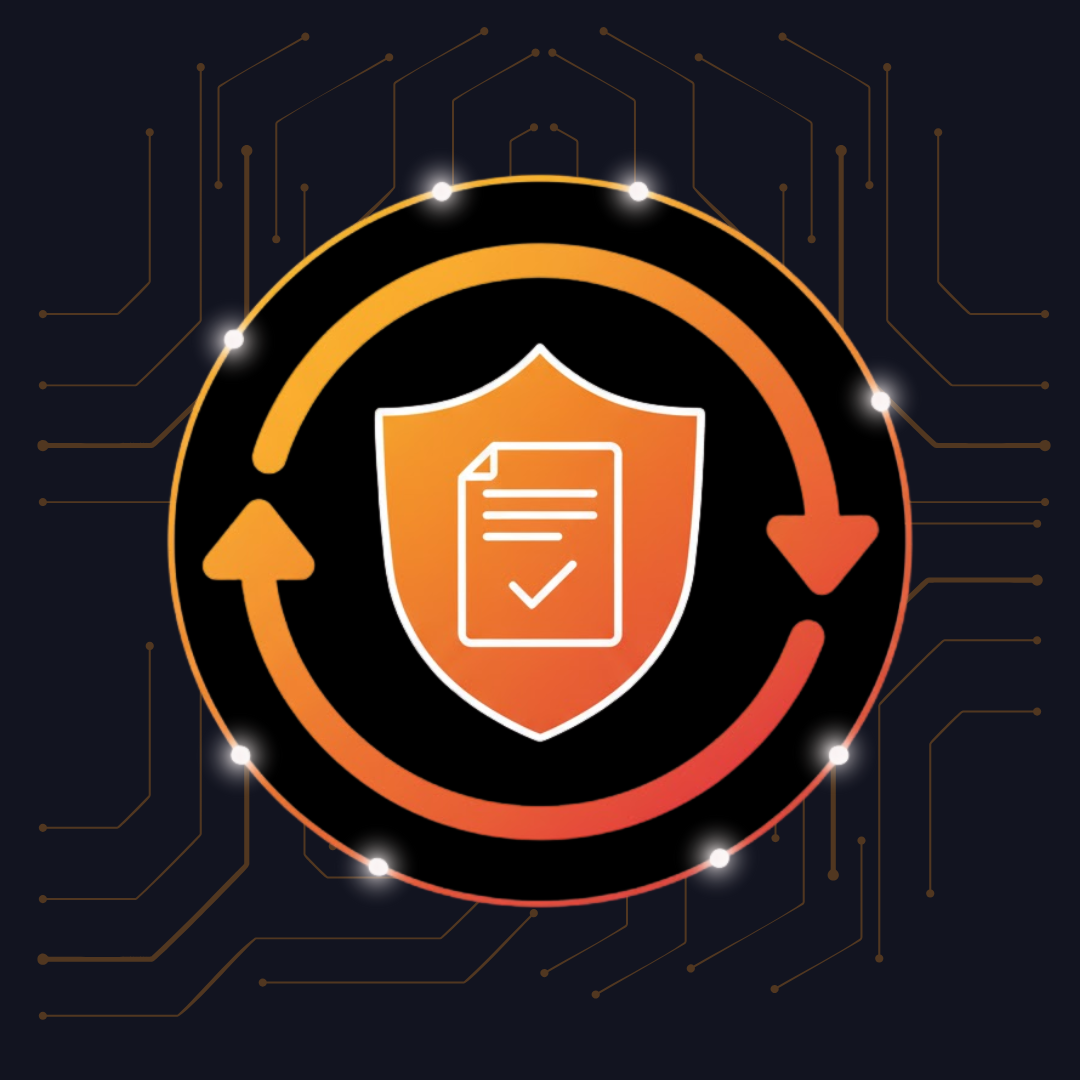
Effective Operationalisation
Beyond implementation, Sapience Consulting transforms your security framework into a dynamic part of your culture. We offer support for internal audits, preparation for external certifications (ISO 27001, CSTM), and integrating continuous monitoring (Plan-Do-Check-Act cycle). Our aim is to empower organizations not just to achieve compliance, but to actively sustain and continually enhance their security posture in facing evolving threats.
By partnering with an experienced consultancy, Singaporean businesses can navigate the complexities of framework adoption more effectively, optimise resource allocation, and accelerate their journey towards a stronger, more resilient security posture.
Charting a Secure Course
In an increasingly perilous digital world, security frameworks are not just an option but a necessity. They provide the essential structure for protecting valuable assets, maintaining customer trust, and ensuring business continuity. While the path to implementation requires dedication, the strategic benefits are undeniable. For Singaporean organisations, leveraging the right frameworks, supported by expert guidance where needed, is a critical step in charting a secure and prosperous future.
As a trusted leader in professional development, Sapience empowers you to invest in your future.
Don’t wait – Explore our available funding and leverage our expertise to upskill without financial strain.

